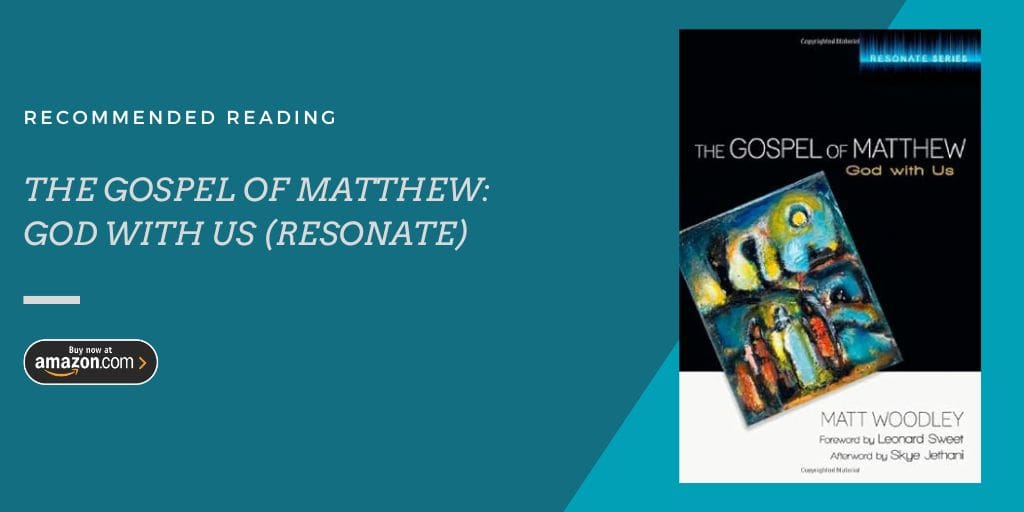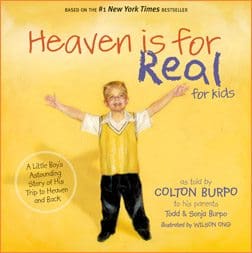It’s the last teaching of Jesus that’s recorded in the Gospel of Matthew.
Then the righteous will answer him, saying, ‘Lord, when did we see you hungry and feed you, or thirsty and give you drink? And when did we see you a stranger and welcome you, or naked and clothe you? And when did we see you sick or in prison and visit you?’ And the King will answer them, ‘Truly, I say to you, as you did it to one of the least of these my brothers, you did it to me.’
— Matthew 25:37-40 (ESV, read full context)
This is one of those texts that people use as motivation to serve ‘the least of these’. Often we look at a passage like this and think that Jesus is telling us, “Do you know what would be cool? If you did something nice for that homeless man.” But then we tend to think about how busy we are with other tasks that we fill our lives with, and expect that someone else is going to go take a sandwich to that homeless guy.
We rest in the security of our salvation, knowing that it’s not based on any works that we do.
Then I think about this idea that James teaches us about how our faith without works is dead. Our salvation may not be based on what we do, but James makes it clear that there is no life in faith-walk that isn’t marked with action.
Enter the new commentary by Matt Woodley, The Gospel of Matthew: God With Us (Resonate Series). This commentary is a conversational one. It seems like it would be perfect for guiding small group discussions as people study through the Bible together.
Woodley brought some interesting perspective to my understanding of a passage like this. The first thing it reminded me is one of the first rules of Bible interpretation. Keep it in context.
It’s easy for us to look at verses 37-40 and leave it at that. We get the picture that serving others is a good thing. But Woodley reminds us that there’s something bigger going on here.
It’s the principle of showing mercy. The kind of mercy that we’ve been shown.
“For Jesus mercy isn’t just an abstract theory or an inaccessible ideal, like a dusty old book perched on a shelf. No, for Jesus mercy remains utterly accessible, practical and “doable.” Notice the specific actions of mecy listed in this passage (Jesus states them twice so we won’t forget): feed the hungry, bring water to the thirsty, invite lonely people into your house, give clothing to the naked, visit the imprisoned and spend time with sick people. Nothing on this list exceeds our grasp. Ordinary people can fulfill Jesus’ high call to show mercy. Rather than tell us, “Earn your Ph.D. in microeconomics so you can eliminate world poverty in ten years,” Jesus simply says, “I was hungry and you fed me.” The call to mercy compels us to do something so simple: pay attention, show up, then do something practical to alleviate the misery of a fellow human being.”
If you’ve read my book (The Unlikely Missionary: From Pew-Warmer to Poverty-Fighter), then you know that a statement like this makes my heart leap for joy! It’s not a ‘go big or go home’ kind of mission. No! It’s a simple call to love people in need with the love that’s been shown to us.
Woodley continues to remind us that the other side of this is judgement and a casting into ‘eternal fire’ for those who don’t show this kind of mercy to others in need. Lack of action is punished.
This is a serious call that has the potential for far-reaching impact on the world. It’s something that people notice and respond to. The heart of evangelism is in these small acts of mercy. Small acts that accomplish His mission in the world today. Small acts that leave a big mark.
And as one of the last teachings of Jesus, it seems like it might be one of His most important messages. It’s kind of like he was saying that the sum of everything else He’s shared… this is it. This is what you need to remember, and do.






Great quote Dan! Thanks for the review.